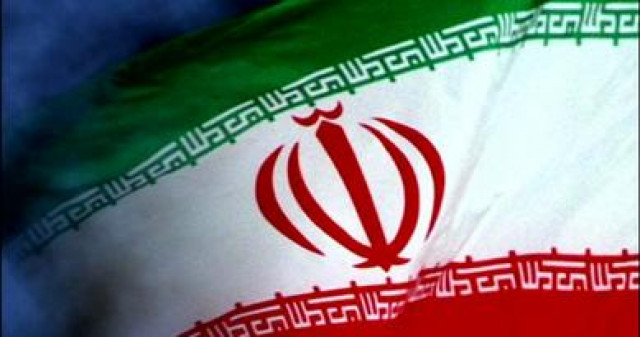Iran boosts cyber security with secure domestic network: Report
Google, Gmail blocked in Iran as new internet is rolled out, though people say they can access services via VPNs.

The announcement, made by a government deputy minister on Sunday, came as state television announced Google Inc's search engine and its email service would be blocked "within a few hours".
"Google and Gmail will be filtered throughout the country until further notice," an official identified only by his last name, Khoramabadi, said, without giving further details.
The Iranian Students' News Agency (ISNA) said Google ban was connected to the anti-Islamic film posted on the company's YouTube site which has caused outrage throughout the Muslim world. There was no official confirmation.
Iran has one of the biggest Internet filters of any country in the world, preventing normal Iranians from accessing countless sites on the official grounds they are offensive or criminal.
But many Iranians believe the block on sites such as Facebook and YouTube is due to their use in anti-government protests after the disputed re-election of President Mahmoud Ahamdinejad in 2009.
Sites expressing views considered anti-government are also routinely blocked.
Iranians commonly overcome the government filter by using virtual private network (VPN) software that makes the computer appear as if it is based in another country.
But officials have long spoken of creating an Iranian Internet system which would be largely isolated from the World Wide Web.
"In recent days, all governmental agencies and offices ... have been connected to the national information network," deputy communications and technology minister Ali Hakim-Javadi was quoted as saying by the Mehr news agency.
The second phase of the plan would be to connect ordinary Iranians to the national network, he said.
According to Iranian media, the domestic system would be fully implemented by March 2013 but it was not clear whether access to the global Internet would be cut once the Iranian system is rolled out.
Even using VPNs, many Iranians suffered serious problems accessing email and social networking sites in February, ahead of parliamentary elections.
Worm
The Islamic Republic tightened cyber security after its nuclear program was attacked in 2010 by the Stuxnet computer worm, which caused centrifuges to fail at its main uranium enrichment facility.
Tehran, whose nuclear programme is suspected by the West of being aimed at developing a bomb, accused the United States and Israel of deploying the worm.
Authorities said in April a computer virus was detected inside the control systems of Kharg Island - which handles the vast majority of Iran's crude oil exports - but the terminal remained operational.
Communications and Technology Minister Reza Taqipour said last month Iran needed to develop its own network to ensure the safety of the country's information.
"Control over the Internet should not be in the hands of one or two countries," he said. "Especially on major issues and during crises, one cannot trust this network at all."
Iran threatened in May to take legal action against Google over its decision to drop the term "Persian Gulf" from its Google Maps and leaving the waterway between Iran and the Arabian peninsula nameless.
Many Arab states refer to the sea as the "Arabian Gulf", a term Iran considers unacceptable.
Google, Gmail blocked
Iran blocked access to Google's popular Gmail email service Monday amid first steps by the Islamic republic to establish a China-esque walled-off national intranet separate from the worldwide Internet.
Access to Google's search page, www.google.com, was also restricted to its unsecured version, web users in Iran found. Attempts to access it using a secure protocol were also blocked.
The curbs were announced in a mobile phone text message quoting Abdolsamad Khoramabadi, an adviser to Iran's public prosecutor's office and the secretary of an official group tasked with detecting Internet content deemed illegal.
"Due to the repeated demands of the people, Google and Gmail will be filtered nationwide. They will remain filtered until further notice," the message read.
Google's own website tracking country-by-country access to its services did not immediately reflect the blocks.
But several residents in Tehran told AFP they were unable to get into their Gmail accounts unless they used VPN (virtual private network) software.
VPNs are commonly used by tech-savvy Iranians to get around extensive online censorship, though bandwidth of connections through the software is routinely strangled and occasionally even cut entirely.
Gmail is used by many Iranian businessmen to communicate and exchange documents with foreign companies. Iran's economy is suffering under Western sanctions that have cut oil exports and made trade more difficult.



















COMMENTS
Comments are moderated and generally will be posted if they are on-topic and not abusive.
For more information, please see our Comments FAQ